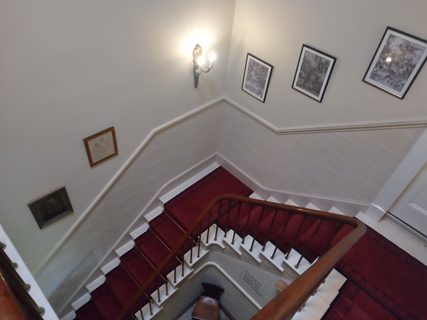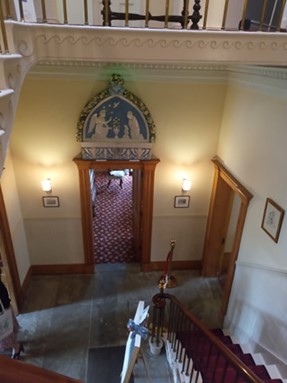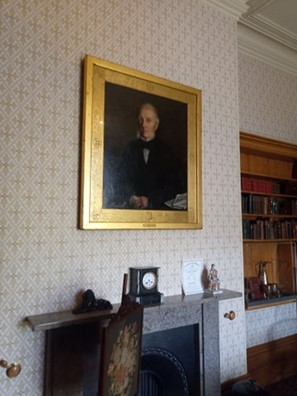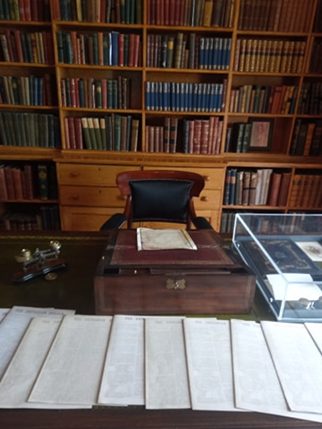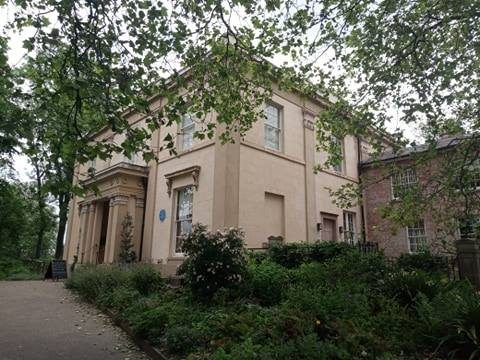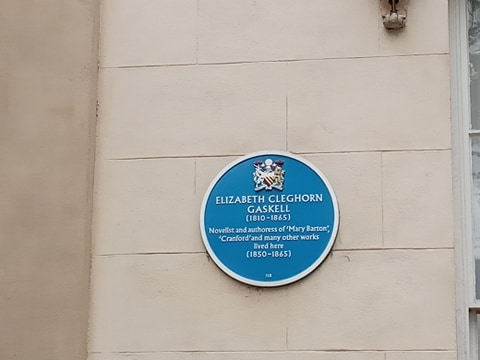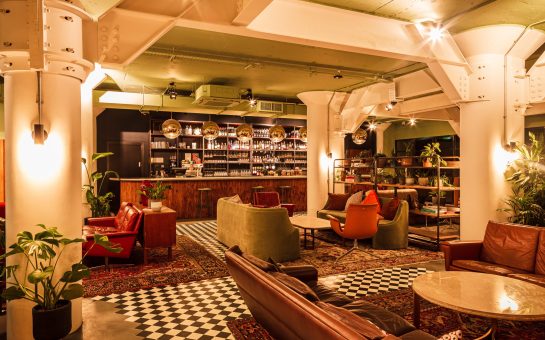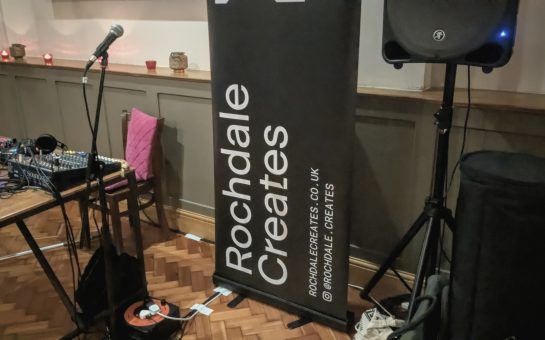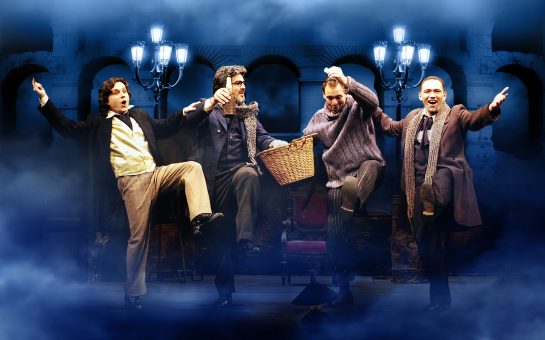As lockdown eases, will it give a boost to some of Manchester’s historical attractions?
Since lockdown restrictions were eased, Manchester has slowly started to return to normal.
But while bars and shopping centres are booming, other areas, such as heritage centres, have been struggling to make their mark in a situation where some restrictions still remain.
This has been particularly bad for the smaller, lesser known sites, which had often struggled to get much attention even before the pandemic.
Nestled away in a leafy street in Ardwick, behind the better known Whitworth Gallery and the Royal Infirmary, is 84 Plymouth Grove, the house of celebrated Victorian writer Elizabeth Gaskell, contemporary to the Bronte sisters and to Charles Dickens.
Though perhaps less known than these other writers, Elizabeth Gaskell was the writer behind numerous classics, such as North and South and Cranford.
As well as this, she helped cast a light on the appalling conditions faced by working class communities in Manchester at the time – described by Friedrich Engels at the time as “hell on earth.”
The Gaskells were themselves highly active in charity work, being inspired by their unitary faith.
After Elizabeth Gaskell’s death in 1865, the Grade II listed house remained in the family for a time, before becoming a student digs, with all kinds of parties and the like being held there.
But thanks to a £2.5 million project funded by the Heritage Lottery Fund, the house has now been painstakingly restored to how it would have been at the time, and the museum, which had to close during lockdown, has been slowly welcoming back visitors since restrictions were lifted on May 19.
The museum features all kinds of items from when Gaskell was living there – including old paintings, furniture and dresses, and letters between her and figures like Dickens, with whom she often had work published, despite frequent fallings out.
The museum has struggled however to make much head away since easing. While other museums receive funding from the government, this is not the case for the house, which only received the emergency funding given to businesses during lockdown.
Visits have dropped significantly from where they were before, according to Manager Sally Jastrzebski-Lloyd, with many being unaware of the museum.
Like everywhere, it has had to adapt to the new situation.
Whereas before, one of the key features would be that visitors could wander around as they pleased, handling and looking at the different items owned by the Gaskells, now there is a strict one way system through the house, with anyone visiting having to make certain to book beforehand.
Sally credits her team of volunteers for helping to run the place, including students and one staff member who is still there at the age of 93.
She remains optimistic about things changing as the year progresses, with the house proving increasingly popular as an alternate kind of site for weddings.
“Our weddings have doubled in the past year,” she states, “they are quirky, vintage, quiet. They’re not big white weddings, and half of them are single sex couples as well. They’ve got a real personal feel.”
In many ways, Sally says the pandemic has given them the opportunity to take some lessons on board and to change things.
She notes how one plus side of the one way system is that it does allow for them to better manage routes through the house and ensure visitors don’t miss anything.
It has also enabled them to expand the range of activities on offer, running sales of second hand books – something rarely done as much online.
But, she says, the next few months are likely to remain challenging for much of the museum and heritage sector.
“Even the more popular museums have got to restrict the numbers, so they struggling that they can’t have their usual capacity. I think it has hit museums, especially as museums and cultural venues were less important than retail, even though the numbers we got through were a lot safer than being in the Trafford Centre.
“But what could we do? We just have to follow the rules.
“It’s not going to affect us because we’ve got such a small team, but staff are going to lose their jobs. They’re really going to have to change, or consolidate, or be open for less.”
It’s likely that things will improve once lockdown measures are fully eased later this month. But the house will likely be carrying on with the one way system and the bookings system, especially in line with the opportunities these have presented.
It remains to be seen however how well the rest of the industry will fare as we move out of lockdown.
Main photo courtesy of Sally Jastrzebski-Lloyd, Elizabeth Gaskell’s House
